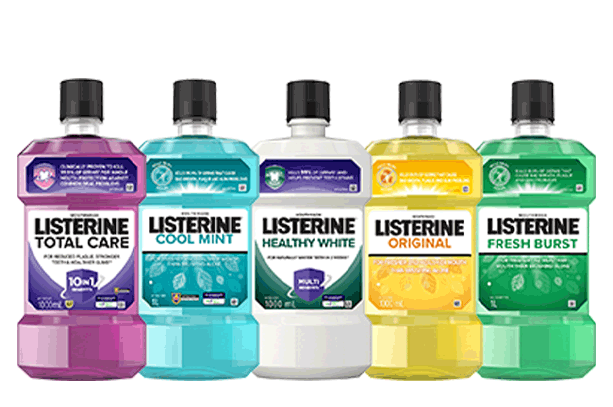Plaque Vs. Tartar?
Tartar is basically plaque that has been left untreated and worsened into a harder surface on the teeth that only dentists can remove. Plaque is a thick film on teeth comprised of saliva and trapped food particles that build up on the gum line. If plaque is not removed every day, it can harden into tartar. The acid from plaque can attack teeth soon after meals; if not cleaned away it can break through enamel and lead to cavities. Plaque also harms gums and can lead to red, swollen gums that bleed when brushed, or even lead to receding gums.
Tartar is hard and crusty and porous. It is yellow or brownish in color and appears on the gum line. Tartar is plaque that was not removed and has hardened from mineral deposits in saliva. Tartar buildup causes cavities, tooth decay and tooth loss as well as gum disease. It continues to grow and calcify if not removed. Tartar can only be removed from your teeth by dentists and their professional tools. A daily routine of brushing, flossing and rinsing with LISTERINE® mouthwash and using a tartar-control toothpaste can prevent this.
What Is Fluoride?
Fluoride is a naturally occurring element known to prevent tooth decay when ingested or applied to teeth as a topical solution. Fluoride can help reduce the number of cavities in teeth. The acid in plaque leads to mineral loss in the tooth (demineralization), which leads to tooth decay. The formation of cavities, however, can be reversed by remineralization, or the deposit of minerals on damaged areas of the tooth. Application of topical fluoride can speed up this restoration of lost minerals.
When fluoride is ingested by the stomach and intestines, it is absorbed by the body to make teeth stronger. It is often found in drinking water in high enough quantities to reduce cavities, depending on which area of the country you are in (and whether you drink tap or filtered/bottled water). You can also get small amounts of fluoride by eating certain foods, such as spinach, carrots, asparagus, most seafood, tea and food prepared in fluoridated water, or by using a fluoride toothpaste and LISTERINE® fluoride rinse.
Are Baby Teeth As Strong As Adult Teeth?
Baby teeth are less dense than permanent teeth and wear down faster. They are also whiter than permanent teeth (also called second teeth or adult teeth). Adult teeth are naturally a little more yellow in color.
Are Babies’ Teeth Whiter Than Adults’?
While baby teeth are whiter than permanent teeth, the enamel and dentin layers in baby teeth are thinner than those in adult teeth. The pulp is also bigger relative to the rest of the tooth, meaning that when your child gets a cavity it can reach the nerve of the tooth much faster, which makes dental checkups for children extremely important. Baby teeth also have shorter roots and aren't anchored as well in the bone, allowing them to fall out more easily. This also gives the root of permanent teeth more room to grow underneath the baby teeth.
Do Dentures Need Mouthwash?
Yes, you should rinse your dentures and brush away food particles and debris twice daily. Use dental tablets that dissolve in water and soak dentures in the cleaning solution in a container. Always clean dentures over a soft towel or basin half full of water, as they can be slippery and easily break if they fall. Brush with a soft-bristle brush in lukewarm water. Thoroughly clean the denture. Rinse with LISTERINE® mouthwash after to keep the mouth feeling fresh and clean. When not in your mouth, dentures should be soaked in mouthwash.
Should My Child Soak Dental Appliances In Mouthwash Daily?
To keep the bacterial damage minimal when wearing dental appliances, many orthodontists advise people who wear orthodontic appliances to use LISTERINE® mouthwash twice daily after brushing their teeth.

Why Mouthwash?
Brushing Teeth Reaches Only 25% Of Your Mouth


